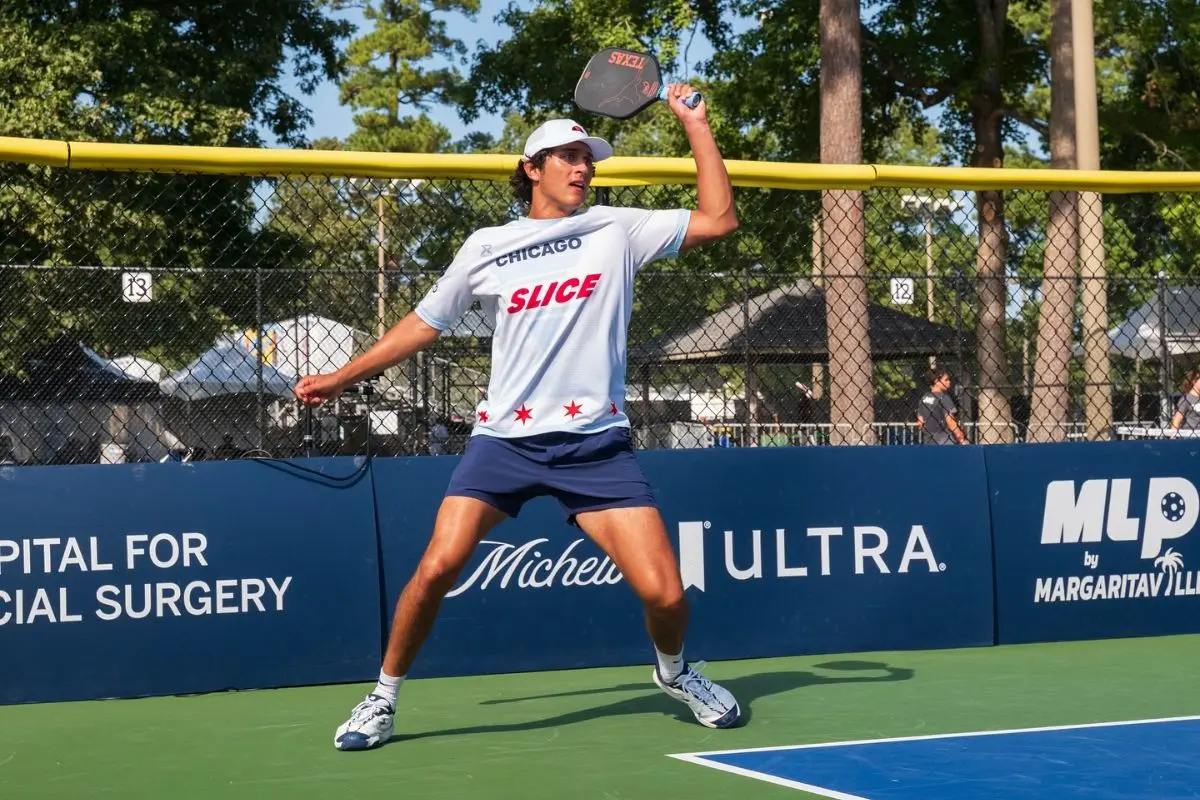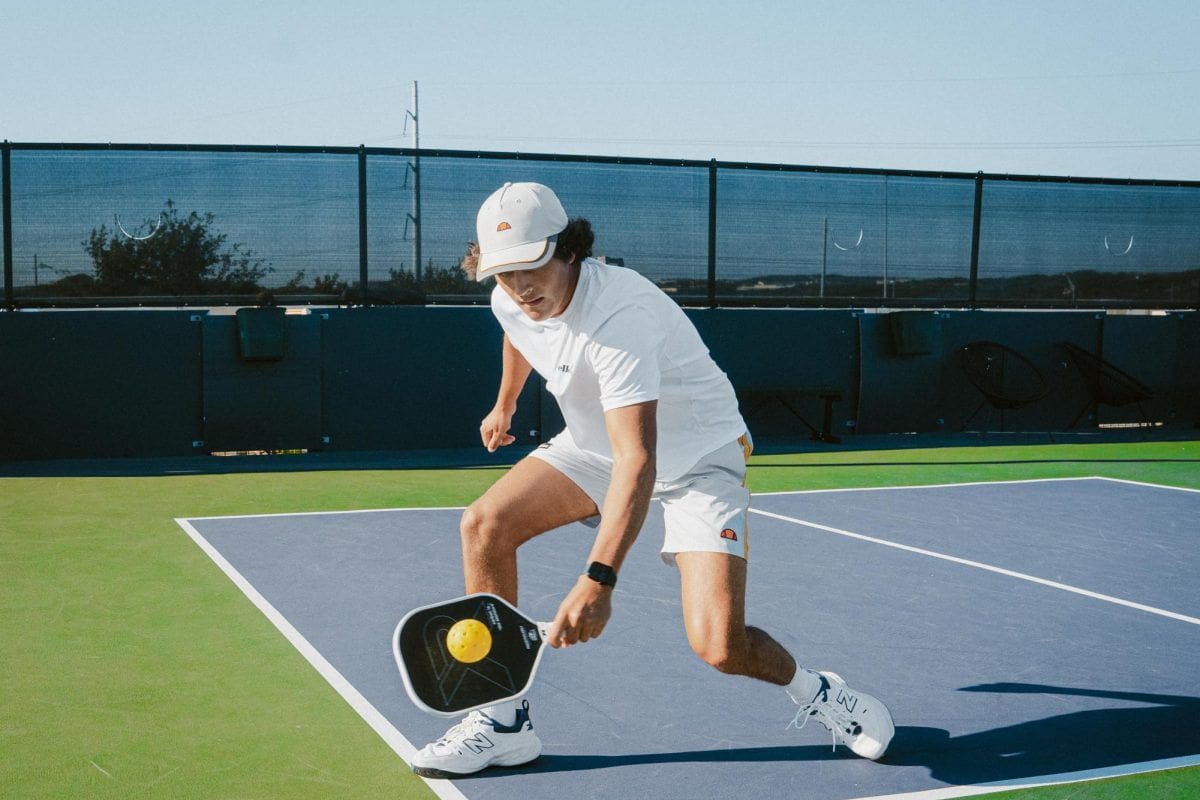Mental Resilience in Pickleball: Jack Munro, a rising star in the pickleball community, shared valuable insights about mental strength and the journey to becoming a professional player in a recent Q&A session. Munro’s advice provides aspiring players with guidance on improving their game and understanding the unique aspects of pickleball.
The Changing Dynamics of Pickleball Players
Traditionally, left-side players have been viewed as the more aggressive competitors. However, as Munro points out, this trend is shifting. Notable players like Christian Alshon and Gabe Tardio are redefining the roles of left and right-side players, leading to a more balanced approach in court coverage strategies. As players adapt their styles, the game continues to evolve, enhancing its competitiveness.
The Future of Playing Styles
Looking ahead, Munro envisions a shift in playing styles over the next two years. He predicts that players will increasingly adopt Eastern and semi-Eastern grips at the kitchen line to execute more aggressive forehands.
This marks a departure from the past reliance on the Continental grip, suggesting a transformation in strategy as players seek to gain an edge over their opponents.
Embracing a Growth Mindset
For aspiring professionals, Munro offers essential advice: cultivate a growth mindset. He emphasizes the importance of learning from losses rather than fixating on winning.
This approach fosters improvement and reduces pressure.” – (Jack Munro)
By focusing on personal growth, players can enhance their skills and performance on the court.
Unique Aspects of Pickleball Coaching
One unique aspect of being a pickleball professional is the informal coaching structure within the community. Munro highlights that most coaching comes from fellow active players, reflecting the sport’s relatively new status.
This creates a distinct learning environment where players can benefit from shared experiences and knowledge, fostering a collaborative spirit in the sport.
Mental Preparation and Game Rituals
Before each point, players often tap the back fence as a mental reset. Munro explains that this ritual helps players concentrate on the upcoming point and avoid dwelling on past mistakes.
Additionally, he recommends conscious breathing as a quick trick to boost mental strength. Focusing on deep breaths can lower heart rates and help players refocus during matches.
Importance of Warm-Ups
Amateur players are encouraged to warm up before recreational games. Munro suggests using resistance bands for a dynamic warm-up, preparing the body for play. This practice can help reduce the risk of injury and improve overall performance on the court.



